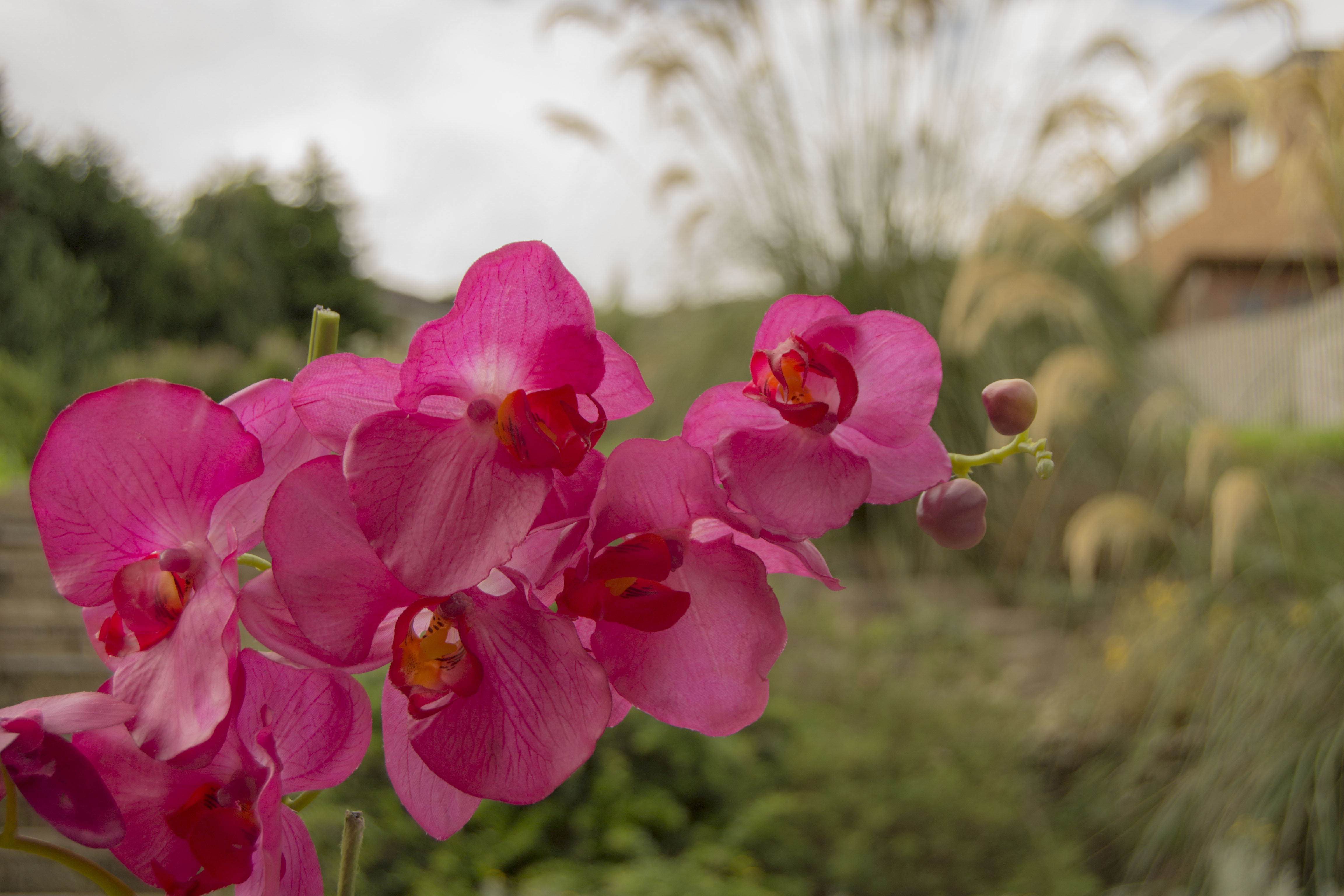
The Best Kind Of Water For Plants
Growing and maintaining your potted and garden plants can be tricky for some. That’s because, despite how well you think you are caring for your plants and flowers, there may still be a few things you are doing that are causing your plants more harm than good. Water is the source of life for any plant. Even cut flowers from your florist are kept in water. Not only this but professionals recommend that you add a floral preserve to your vase water. This is a clear indication that flowers need more than just simple H2O.

There are a number of substances and minerals that can be found in your soil. Salt is just one that you need to monitor. Salt does help the process of osmosis along but, as with many things in life, in large quantities it can be harmful. It actually slows down the rate of absorption and, the more salt in the water, the slower the plant can absorb water and other nutrients. If absorption is slowed down too much, you will notice your plants deteriorating. One of the first signs to look for is wilting and yellow leaves.
Sugar is a known ingredient in many floral preserves but, like salt, it is important to monitor the levels. A touch of sugar in the water is just fine but too much will have much the same dehydrating effect that salt has on plants. If your soil has a high salt or sugar content, you may notice your plants start to perish despite the fact that the soil around there roots is perfectly moist. When you find a plant wilting and dying for seemingly no reason, first inspect it properly for external damage. Insects and disease could also be to blame or perhaps a playful pet. If none of these are the case, excessive salt or sugar is a likely cause which will need to be corrected before you can consider growing any other plants in this area.
Filtered and tap water is usually a more popular option. The only problem with this choice is the fact that the water is pretty simple and without much nutritional value. Plants do need more than just water to survive. However, the nutrients that are already in the soil will dissolve in the water and the plant will then be able to absorb the nutrients along with the water. If your soil is lacking in the mineral department, all you need to do is add fertilizer. When watering, the minerals and nutrients in the fertilizer will slowly dissolve in the water and the plant will be well hydrated and fed. Bare in mind, of course, that different plants like different kinds of fertilizers. It is always best to check with a professional in this regard so that you can purchase the best possible products to care for your plants.
